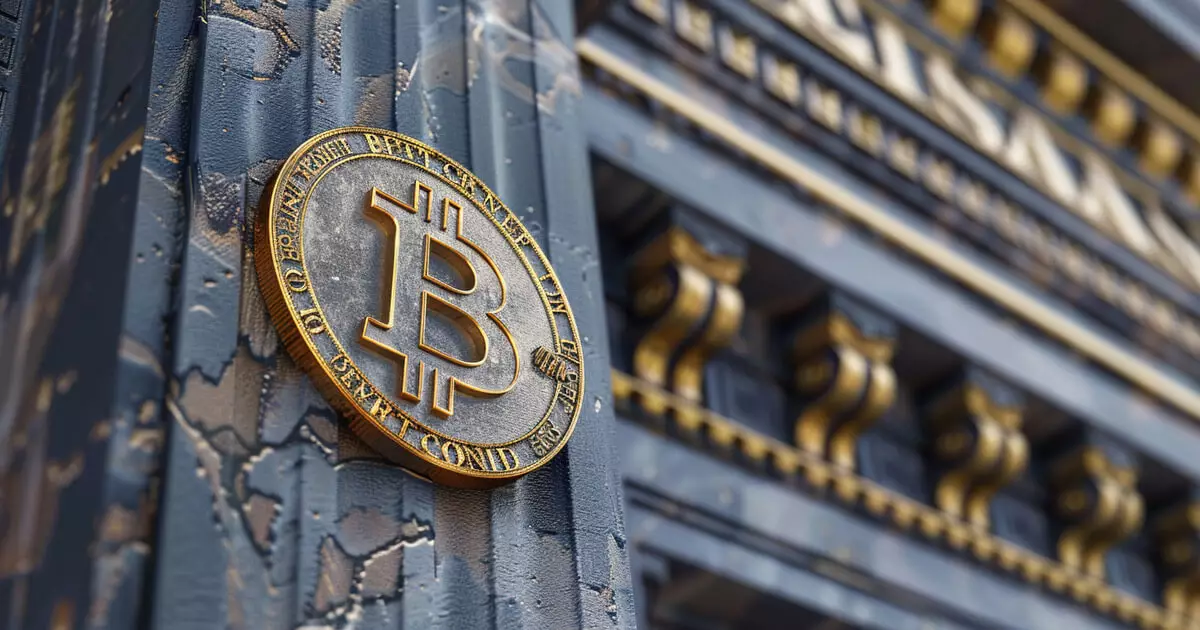Recent insights from The Wall Street Journal highlight a staggering trend for the crypto hedge fund sector, revealing that over 120 of these funds have faced significant obstacles in securing and maintaining banking relationships. According to a survey conducted by the Alternative Investment Management Association (AIMA), which assessed 160 hedge funds, approximately 75% reported difficulties, a stark contrast to the 20 alternative funds in other asset classes, such as private credit or real estate, that faced no such issues. This disparity raises questions about the systemic barriers specifically targeting the cryptocurrency industry.
The complications crypto hedge funds encounter are multifaceted, encompassing vague communication, sudden termination of banking relationships, and a lack of clear justification from the banks involved. Alarmingly, more than half of the funds affected received explicit notices from their banking partners about the termination of these relationships, often with justifications that were either ambiguous or completely absent. When explanations were provided, they typically echoed a narrative of risk aversion, with banks expressing a desire to reduce their exposure to the volatile crypto market. This pattern suggests a troubling trend toward increased scrutiny and avoidance of crypto clients.
Despite the banking upheaval, many affected hedge funds have sought refuge with smaller or regional banks, demonstrating adaptability amid adversity. John D’Agostino, a significant figure in institutional sales at Coinbase and an AIMA board member, acknowledged that although all affected funds eventually secured alternate banking partners, these substitutes were not the established financial institutions that hedge funds traditionally rely on. This shift signifies a broader change in the banking landscape for crypto-focused entities, raising concerns about the long-term viability and stability of these alternative banking solutions.
The conversation surrounding banking access for crypto entities is further complicated by insinuations of political maneuvering, particularly from the Biden administration. Dubbed “Operation Chokepoint 2.0,” this alleged initiative aims to suppress the crypto sector by limiting its access to banking services. Coinbase’s chief legal officer, Paul Grewal, has been vocal in asserting that the letters obtained via a Freedom of Information Act request validate claims of this operation. These letters reportedly indicate regulatory pressures for banks to curtail or cease crypto-related activities which act not only as a hindrance for current operations but as a deterrent for potential investors.
Industry leaders, including Custodia Bank CEO Caitlin Long, have expressed concerns that these regulatory pressures represent a coordinated effort to undermine the crypto industry in the U.S. Such implications of governmental overreach could stifle innovation and push crypto endeavors to jurisdictions with more favorable attitudes toward digital assets. Furthermore, as highlighted by WSPN CEO Austin Campbell, the results of the AIMA survey provide tangible evidence reinforcing the fears of a systemic campaign against crypto hedge funds, raising alarms about the potential stifling of a rapidly evolving financial ecosystem.
As crypto hedge funds continue to grapple with mounting banking challenges, the interplay of market dynamics, regulatory pressures, and adaptive strategies will shape the future landscape of the crypto industry. The potential implications of these ongoing struggles may reverberate for years to come, impacting investors, financial institutions, and policymakers alike.

